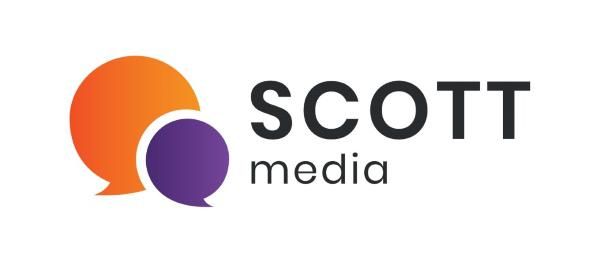TIPS FOR LEARNING A LANGUAGE
When Helen Lami travelled to Albania in 1994, aged 22, she didn’t speak a word of the language.
Three months later she was fluent and, three months after that, it had become so natural to her that she was preaching in Albanian and was able to start a relationship with the man who would later become her husband, despite him not knowing a word of English.
In fact, Helen’s Albanian advanced so quickly that her husband chose not to learn English at all until they returned to the UK in 1998 because, until then, it simply hadn’t been necessary.
“If you’d have told me when I was at school that I’d be advocating the benefits of learning a language, I’d have said you were mad,” she says. “I was terrible in language lessons and didn’t enjoy the style of learning so never really took to what was being taught. It just didn’t grab me enough. I needed to do it a different way,” said Helen who now lives in Devon.
Helen, who is the founder of leading educational holiday camp provider, Academic Camp and now lives in Devon, says it was being immersed in the language and culture that allowed her to learn so quickly and effectively, along with having to apply her learning in very practical ways on a day-to-day basis. While she did have some lessons in Albanian, she says most of what she learned was down to the tips she’s provided here.
“Learning a language is a key skill for life and something which I believe everyone has the capacity to do,” says Helen. “It’s simply a question of finding the right way for you.”
1) Give It A Go! The key to getting started with learning a language is being prepared to just give it a go. It doesn’t have to be perfect; it’s your determination to communicate that matters at this stage so just give it a try and keep going.
2) Try It Out! Learning a language is a practical endeavour. Ultimately, you want to be able to communicate with people in that language. You’ll naturally be nervous at first but try not to worry about not being fluent and practice by talking to other people who speak the language you’re learning.
3) Use an App. Duolingo is an example of an app being a great tool to get you started, show your progress, and keep you motivated.
4) Listen! Hearing the language you’re learning and being immersed in it is a brilliant way to familiarise yourself with how it sounds in general conversation and in ordinary situations. You don’t need to understand everything that’s being said at first but find TV programmes, radio shows and podcasts online anyway and have them on in the background so you get used to hearing the language being spoken.
5) Go there! If you can, spend some time in the place where the language is spoken natively. You’ll learn better and more quickly when you are around others who don’t speak your language.
6) Be Motivated! It’s important to want to learn the language you’re absorbing as it’s this underlying reason that will help keep you going in tougher learning moments. Why have you chosen to learn the language you’re learning? What was your motivation in choosing to do this and picking this language in particular? Think about your “why.”
7) Practice, Practice….and then Practice! It’s essential. A little every day is better than a lot once a week and, the more you practice, the easier it will become. Regular practice will also increase your confidence in your abilities.
8) Let Yourself Make Mistakes. We learn by making mistakes. Allowing yourself to not get it right first time (and being able to laugh it off) is an important aspect of learning a language. If you’re conversing with native speakers, you’ll probably find they’ll try and help you rather than be annoyed when you slip up. People love it when you try to speak their language and will want to help you for making the effort.
9) Keep a Notebook. Making notes about your learning and key things that you need to remember will be helpful as you build your understanding. Write down words and key pieces of understanding in a notebook that is reserved just for your language learning.
10) Use Phonetics. If you’re aware of phonetics (how and why speech sounds as it does), you can compare the sounds of the language you’re learning to the sounds of your own native language to see where the similarities and differences are. This will help with your own pronunciation and help get your brain used to the variations in sound.
“Traditional learning tends to focus on the technical aspects of learning such as its construction and grammar,” says Helen. “While these are important, it’s being able to successfully communicate in a practical manner that matters most. The tips I’ve given here very much focus on that day-to-day element and the practical usage of new language acquisition.”
This combination of naturally focusing on a subject or skill that interests and motivates you is integral to the Content and Language Integrated Learning (CLIL) methodology that Helen uses in her own educational organisation, Academic Camp. The four Cs of CLIL are content, communication, cognition and culture and Helen says she is a particular fan of this method in language-learning.
“It’s about learning the language in the context of everything that happens around it rather than in isolation of the culture it’s come from,” says Helen, who believes this also makes learning a language more satisfying. “We all know these days that learning is more effective when the person is engaged and having fun. This is absolutely the case with languages. At the end of the day, you’ve just got to give it a try!”
For more information about Academic Camp visit https://www.academiccamp.org



















